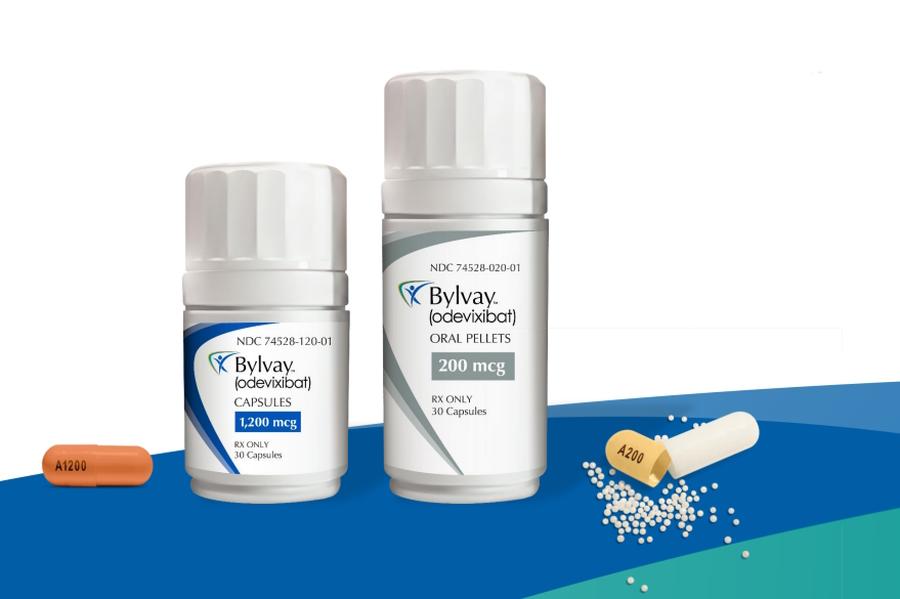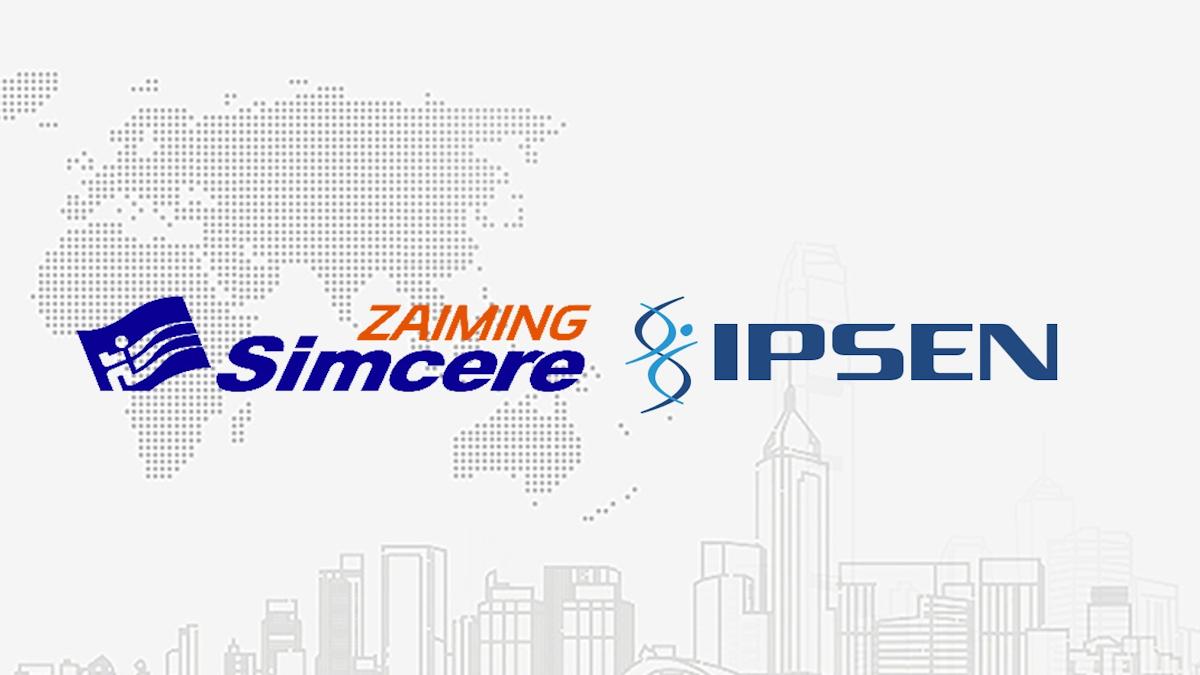Ipsen gets second FDA approval for itch drug Bylvay

It’s a case of so far, so good for Ipsen with its recent acquisition of Albireo, after the main asset in the deal – Bylvay – secured FDA approval for its second rare disease indication.
The US regulator gave the go-ahead for Bylvay (odevixibat) to be used as a treatment for severe pruritus (itching) in patients aged 12 months and over with Alagille syndrome, a disorder that results in impeded bile flow from the liver to the small intestine.
Ipsen acquired Albireo earlier this year in a $42-per-share deal worth around $950 million, and the new approval sets up another $10-per-share payment in the form of a contingent value right (CVR) to former shareholders in the US biotech.
Bylvay is a once-daily, non-systemic bile acid transport inhibitor, that was already approved to treat the rare liver disorder progressive familial intrahepatic cholestasis (PFIC) when Ipsen made its move for Albireo.
The drug is also in late-stage development for paediatric liver disorder biliary atresia (BA), with results due next year, with another $10 CVR payable if it gets approved in that indication.
Ipsen said it will make the drug available immediately to eligible Alagille syndrome patients in the US, and is in the final stages of regulatory review in the EU, with a decision expected in the latter half of this year.
Alagille syndrome is caused by a mutation in the JAG1 gene, with symptoms generally appearing in the first two years of life. It causes liver damage, leading to jaundice and pruritus, as well as other effects including delayed growth and development, skin abnormalities, and cardiovascular complications.
Itching is widely acknowledged to be one of the most debilitating symptoms of the disease, particularly in young children, and is one of the main drivers for patients to seek a liver transplant.
In the phase 3 ASSERT trial, 90% of patients were deemed to have responded to Bylvay with a reduction in itching symptoms, and the drug was also shown to reduce serum bile acids, a biomarker for the disease. The drug was also well tolerated with only diarrhoea occurring significantly more frequently than placebo.
At the moment, itching in Alagille syndrome is often managed with off-label drugs including cholestyramine, rifampin, naltrexone, sertraline, and antihistamines, but these can be ineffective and cause side effects.
Bylvay has reached the market after another new treatment for itching caused by the disease, Mirum Pharma's Livmarli (maralixibat), which was first approved in 2021 and also acts as a bile acid transport inhibitor.
“As an advocate for families impacted by Alagille syndrome, it is such a blessing to know physicians now have another drug treatment option for the debilitating pruritus that affects so many Alagille patients,” said Roberta Smith, president of the Alagille Syndrome Alliance.
“I know personally the terrible impact of this rare disease on a child; this approval will help to alleviate the pruritus burden for more patients.”
From a commercial perspective, the approval gives Ipsen its best chance of getting a return on its investment in Albireo, which will depend on sales of Bylvay ramping up. The drug made €5 million in the first quarter of this year from PFIC, which affects around 600 people in the US.
Alagille syndrome is more common, with a US population estimated at around 1,500, while Bylvay’s third potential indication BA adds around 2,400 patients to the tally. That’s a total population in the US of around 4,500, with another 8,600 in other countries around the world.
Albireo – which spun out of AstraZeneca in 2008 – has previously said it thinks Bylvay has the potential to become a $1 billion-plus product if approved for all three of its target indications.












